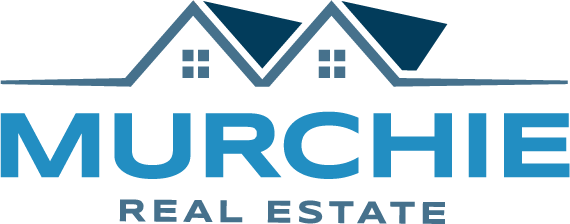Buying Your Home
Finding the perfect home can be difficult, especially if you do not know where to start. At Murchie Real Estate, LLC, we have the experience to help you through each step of the process. Below are some helpful tips for buying a home.
Start looking
You can learn a lot about what you like and do not like in a home by simply driving around or surfing the internet. Though not always accurate, websites like Zillow and Trulia can provide basic information about a home that you would not have known otherwise.
Pre-qualify
The market is hot, so a buyer needs to be ready with financing. This means that as a buyer you should obtain a pre-qualification letter from a bank before putting in an offer on a home. Pre-qualification is not a guarantee; however, it gives you a sense of how much a bank would be willing to loan you.
Nonconventional Loans
Examples of nonconventional loans include: Federal Housing Administration (FHA), Department of Veteran Affairs (VA), and State of New York Mortgage Agency (SONYMA).
Conventional Loans
A conventional loan is a mortgage that is not guaranteed or insured by any government agency, including the Federal Housing Administration (FHA), the Farmers Home Administration (FmHA), or the Department of Veterans Affairs (VA). It is typically fixed in its terms and rate.
Contact us
Once you receive a pre-qualification letter, give us a call. We will guide you through the buying process. We will help you find homes that meet your criteria, are within your price range, and accompany you on showings. Lastly, we will assist you with preparing the purchase contract when placing an offer.
Legal Considerations
A real estate salesperson should be able to assist you with the pre-closing process. This includes advising you on document collection and closing expenses.
Title Insurance. Title insurance insures against financial loss from defects in title to real property and from the invalidity or unenforceability of mortgage loans. There are two kinds of title insurance: a lender's policy and an owner's policy. Your lender requires a title insurance policy (lender’s policy), which you pay for as part of your closing costs. This policy protects only the lender’s investment. An owner’s title insurance policy protects your investment and interests as owner of the property. This type of policy protects you in the event a lawsuit is filed by someone claiming an interest in your property after closing. An owner’s title insurance policy would pay the legal costs involved in the litigation. The cost of a title insurance policy is a one-time fee and the policy will protect your interests for as long as you own the home.
TILA-RESPA Integrated Disclosure (TRID)
The Truth in Lending Act (TILA) and Real Estate Settlement Procedures Act (RESPA) were combined and are known as TILA-RESPA Integrated Disclosure (TRID). Under TRID, lenders are required to provide disclosures to borrowers/consumers during the loan application and closing process. The disclosures are intended to provide consumers with information that will help them compare the cost of different loan programs, to understand the costs associated with the transaction and the risk of the mortgage loan, and to show the cost of the loan over time.
Homeowners Insurance
In general, buyers who purchase a home with a mortgage must obtain homeowners insurance. At closing, you will need to provide the original binder, which is a one page document showing the insurance company’s written commitment to insure, as well as a paid receipt for the first year’s premium.

